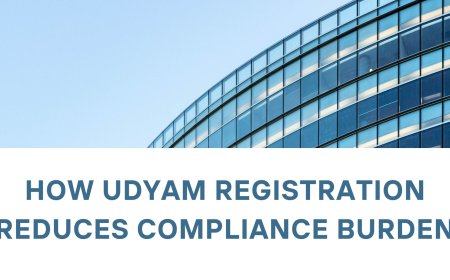Beyond Organic: The Rise of Ecological Farming Practices
Explore how ecological farming goes beyond organic methods to regenerate ecosystems, improve soil health, and support resilient communities. Discover the rise of this global movement.

In recent years, global awareness of environmental issues, soil degradation, and the limits of industrial agriculture has led to a transformative shift in how we grow our food. While organic farming once represented the pinnacle of sustainable agriculture, a more holistic and regenerative model is emergingecological farming.
This approach goes beyond simply avoiding synthetic chemicals. It redefines the relationship between farming, nature, and communities, offering a blueprint for truly sustainable food systems.
What Is Ecological Farming?
Ecological farming is a system of agriculture that integrates ecological principles into all aspects of food production. Unlike conventional or even organic farming, which may still rely on monocultures or non-local inputs, ecological farming emphasizes:
-
Biodiversity encouraging crop diversity and agroforestry systems
-
Soil Health using compost, green manure, and minimal tillage to regenerate soil
-
Water Conservation maximizing water use efficiency and protecting water cycles
-
Community Resilience promoting local food systems and farmer autonomy
-
Climate Action sequestering carbon and reducing greenhouse gas emissions
Ecological farming does not merely aim to reduce harmit actively restores ecosystems and builds long-term resilience.
How It Differs from Organic Farming
Although organic farming avoids synthetic inputs, it doesn't always prioritize ecological complexity or regenerative methods. For example, large-scale organic farms may still practice monoculture, which can lead to pest problems and soil erosion. Ecological farming, by contrast, treats the farm as an ecosystem.
Here are some key differences:
| Aspect | Organic Farming | Ecological Farming |
|---|---|---|
| Inputs | Natural, but often external | Local and self-renewing |
| Biodiversity | Optional | Essential |
| Soil Practices | May vary | Always regenerative |
| Community Focus | Less emphasized | Central |
| Climate Approach | Indirect benefits | Direct sequestration and adaptation |
The Principles of Ecological Farming
Ecological farming is grounded in principles rather than strict certification. These principles guide farmers toward sustainability and resilience:
-
Diversity in Farming Systems
Mixed cropping, agroforestry, and polycultures mimic natural ecosystems, increasing productivity and reducing pest outbreaks. -
Enhancing Soil Fertility
Practices like composting, mulching, and cover cropping enhance soil organic matter, which in turn boosts water retention and crop yields. -
Reducing Dependency on External Inputs
Farmers utilize locally available resources such as livestock manure, crop residues, and biological pest controls. -
Prioritizing Local and Seasonal Production
Ecological farming supports local markets and reduces the environmental costs of long-distance transportation. -
Empowering Farmers and Communities
Knowledge-sharing, seed sovereignty, and community seed banks help ensure independence and food security.
Global Movement Toward Ecological Agriculture
Countries across the globe are embracing ecological farming as part of their response to climate change and food insecurity. For example:
-
India's Zero Budget Natural Farming (ZBNF) program supports millions of smallholder farmers.
-
Agroecology projects in Latin America are transforming degraded lands into productive, biodiverse farms.
-
European Union initiatives are increasingly funding regenerative agriculture practices.
Non-governmental organizations, scientists, and policy-makers are also aligning around the idea that ecological farming is essential for meeting the UNs Sustainable Development Goals (SDGs).
Challenges and Opportunities
While the potential is vast, ecological farming also faces several challenges:
-
Lack of policy support in many countries
-
Knowledge gaps among both new and experienced farmers
-
Market structures that favor large-scale, industrial food systems
Yet, these challenges open the door to new innovations in farmer education, cooperative business models, and policy advocacy. As consumer awareness grows, so does the market for ecologically grown food.
Read Also: From Dirt to Life: The Promise of Regenerative Agriculture
Conclusion: A Living System for a Living World
Ecological farming is not a return to the pastits a leap forward into a more conscious and integrated way of producing food. It recognizes that farming is not just about yields, but about sustaining life: soil life, community life, and planetary life.
For farmers, advocates, and consumers interested in deepening their understanding of ecological practices, resources like Eco Farming Daily offer practical advice, farmer stories, and the latest research in sustainable agriculture.




































